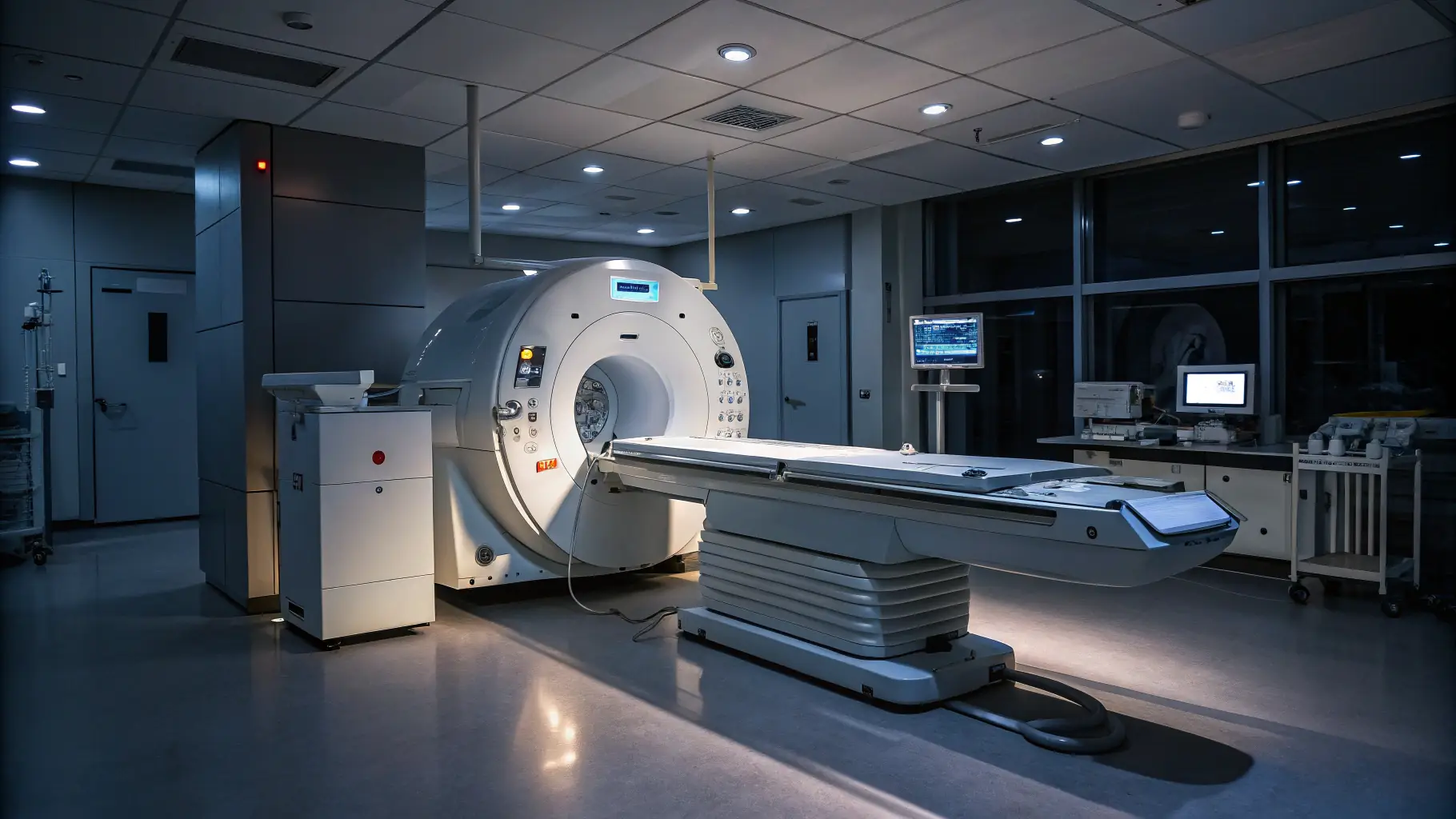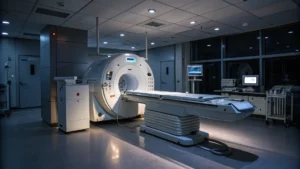Advanced radiosurgery techniques are rapidly transforming cancer treatment, offering precise and minimally invasive options for patients. These procedures target tumors with high doses of radiation, minimizing damage to surrounding healthy tissue. This precision approach leads to improved outcomes and reduced side effects compared to traditional methods. The technology is constantly evolving, with new advancements continually improving treatment efficacy and patient comfort. These advancements are crucial in the fight against cancer. The use of advanced radiosurgery is expanding rapidly across various cancer types. From brain tumors to lung cancers, these techniques are proving effective in treating a wide range of malignancies. The ability to precisely target tumors is a key advantage, allowing for more effective treatment while minimizing damage to healthy tissues. This precision approach is particularly beneficial for patients with tumors located in sensitive areas. The benefits of advanced radiosurgery extend beyond improved outcomes. The minimally invasive nature of these procedures often translates to shorter recovery times and reduced hospital stays. This is a significant advantage for patients, allowing them to return to their daily lives more quickly. Furthermore, the reduced side effects associated with these techniques contribute to a better quality of life for patients undergoing treatment. These factors make advanced radiosurgery a compelling option for many cancer patients.
The Role of Advanced Radiation Therapy Technologies in Cancer Crisis
Cancer remains one of the most formidable health challenges worldwide, with millions of new cases




